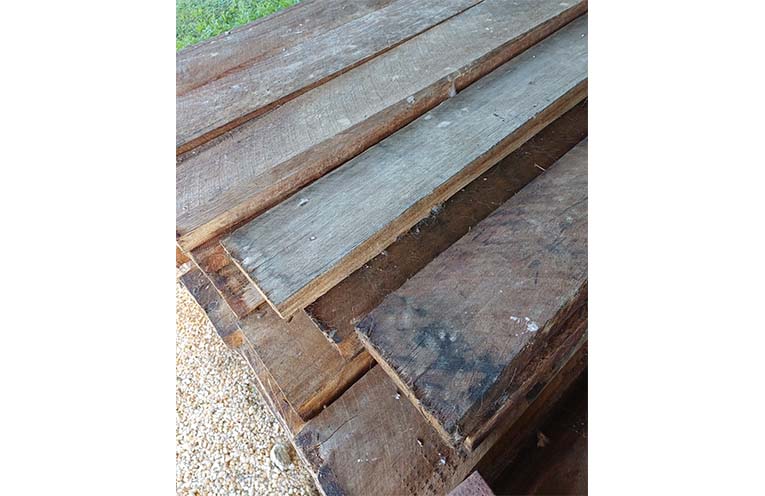
LAST week’s announcement by the NSW Environment Protection Authority (EPA) setting 25 metre exclusion zones around trees where greater gliders have been sighted, has sent shockwaves through the Mid North Coast’s timber industry. Local business owner Tanya Adam of Adam’s Sawmill in Bonville says the results have been immediate and devastating.
“My sawmill has been going for 40 years but yesterday we closed for two weeks as a result of this decision,” she said.
 Advertise with News of The Area today.
Advertise with News of The Area today.It’s worth it for your business.
Message us.
Phone us – (02) 4981 8882.
Email us – media@newsofthearea.com.au
Ms Adam hopes that in two weeks’ time, when the mill reopens, the results of this decision will be clarified for the industry but expresses her frustration at a system where such a change can be made with absolutely no notice.
“People don’t realise how much is tied in with this.
“We employ twelve people but it’s also the nine teams of forestry workers in the area, the drivers and people who have freight businesses carrying away our products.
“Basically all the businesses and people who we support and interact with are affected by this,” she said.
“Then you have to consider the families of all those people and there is the worry that they might be out of a job.”
Ms Adam’s business is well known in the area and many of her customers are local builders who source their building materials (especially hardwood) from her.
She also freights a large amount of timber up to wholesalers in Brisbane.
Member for Oxley Michael Kemp has spoken out in support of the industry and families like Ms Adam’s.
“It’s regional families that ultimately pay the price,” he said in a press statement on Friday.
“Native forestry plays a key role in our region, providing hundreds of jobs and enabling our residents to put food on the table,” Mr Kemp said.
“It is also essential to supplying critical materials like flooring, decking, panelling, and cladding, all of which are crucial as we face a deepening housing crisis.
“If the government is serious about promoting domestic manufacturing, protecting the jobs of skilled workers, and addressing the housing shortage, it needs to conduct the overdue review and resolve this situation immediately.”
Supporters of the industry say NSW boasts some of the world’s strongest environmental protections, harvesting only 0.1 percent of public estate, and ensuring every harvested tree is regeneratively replanted.
“I mean, do we invest in the business, what do we do?” Tanya Adam said.
“There is no certainty!
“This Government has been talking about a koala park for the past eighteen months and there is no direction, no thought behind it and no communication with stakeholders.
“I don’t understand why we can’t find a sustainable solution.
“It’s certainly not the industry’s intention to decimate the forests.
“We have a vested interest in taking care of them for the future of our livelihood,” she said.
The NSW EPA say the recent amendments to the site-specific biodiversity conditions (SSBCs) have been made to “increase protections for other trees known to be used by Greater Gliders, where dens have not necessarily been identified but are likely to be present”.
By Ned COWIE